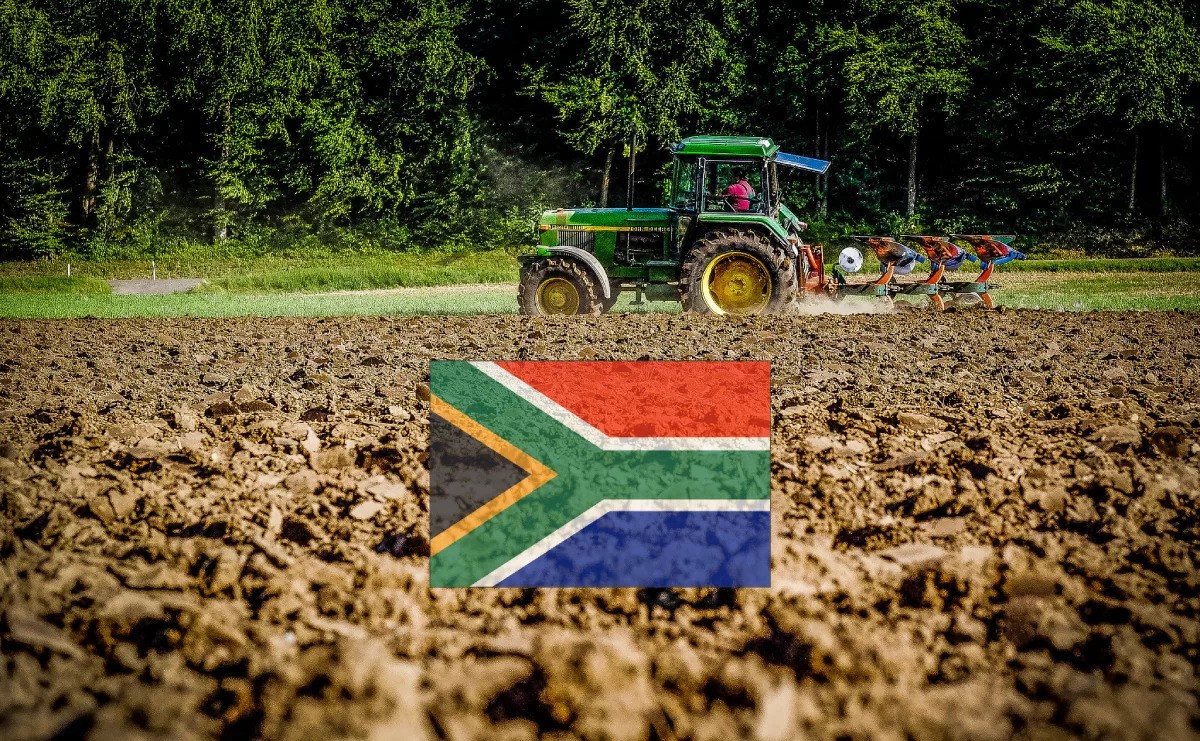Agriculture is a vital sector in South Africa, contributing significantly to food security, employment, and economic growth. The primary agriculture sector accounts for nearly 3% of its GDP, and this figure rises to around 8% when considering the value of agro-processing. South Africa is among the world’s largest producers of various agricultural products, including chicory roots, grapefruit, cereals, and maize.
However, the industry faces unique challenges, including land reform issues, climate change, and market volatility. In this context, effective media relations is crucial for agricultural businesses and organisations. This article explores why media relations is essential for the South African agriculture industry.
Building Trust and Credibility
Trust is paramount in the agriculture sector, where consumers and stakeholders are increasingly concerned about food safety, ethical farming practices, and environmental sustainability. Positive media coverage can help agricultural businesses build trust and credibility by showcasing their commitment to these values. In South Africa, where land reform and social issues are intertwined with agriculture, trust is particularly important.
Enhancing Visibility and Market Access
Effective media relations can help agricultural businesses enhance their visibility and reach new markets. By securing coverage in trade publications, newspapers, and online media, farmers and agribusinesses can raise awareness of their products, services, and brands. This can be particularly beneficial for smallholder farmers and emerging agricultural enterprises seeking to access larger markets.
Managing Crisis Communication
The agriculture industry is susceptible to various crises, including droughts, disease outbreaks, and food safety scares. Effective media relations is essential for managing these situations and mitigating potential damage to reputation and business operations. In South Africa, where agricultural crises can have significant social and economic consequences, proactive crisis communication is crucial.
Influencing Policy and Stakeholder Engagement
Media relations can play a vital role in shaping public opinion and influencing agricultural policy. Agricultural organizations and industry bodies can use media platforms to advocate for the interests of their members, engage with policymakers, and address issues such as land reform, trade regulations, and support for farmers.
Promoting Sustainable Agriculture
With growing concerns about climate change and environmental degradation, sustainable agriculture is becoming increasingly important. Media relations can help promote sustainable farming practices by highlighting the efforts of farmers and agribusinesses that are adopting environmentally friendly approaches. This can help improve the image of the industry and attract consumers who are passionate about sustainability.
Supporting Transformation and Development
In South Africa, the agriculture industry is transforming to address historical inequalities and promote inclusive growth. Media relations can play a role in showcasing the progress being made in this regard, highlighting success stories, and promoting initiatives that support emerging farmers and land reform.
Closing Notes
In South Africa’s agriculture industry, media relations is a valuable tool for building trust, enhancing visibility, managing crises, influencing policy, promoting sustainability, and supporting transformation. By investing in effective media relations strategies, agricultural businesses and organizations can navigate the challenges and opportunities of this dynamic sector and contribute to its growth and development.





